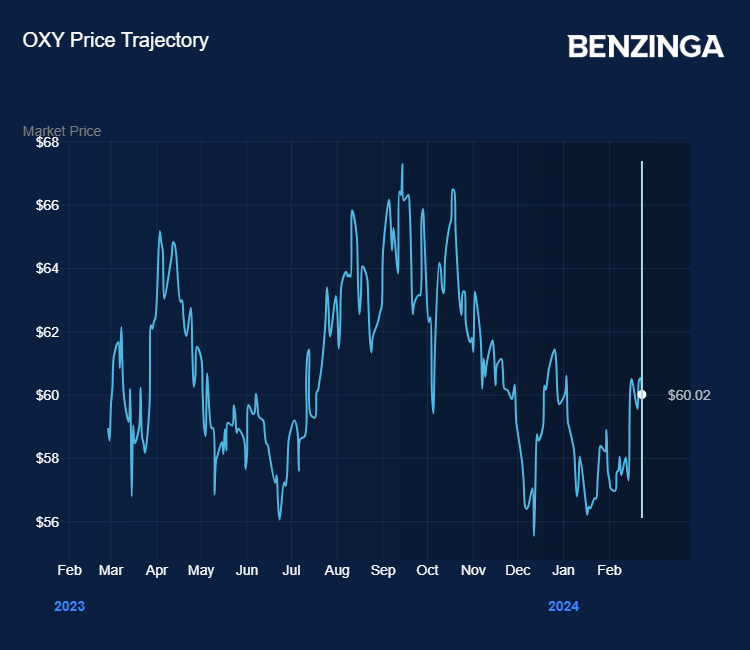Zinger Key Points
- Transportation and supply chain stocks could be affected if government shuts down
- Key federal workers, mainly those involved in human safety, will remain at work
- Don't face extreme market conditions unprepared. Get the professional edge with Benzinga Pro's exclusive alerts, news advantage, and volatility tools at 60% off today.
As the U.S. government again faces a partial shutdown, President Joe Biden is calling on Congress to approve $1.6 trillion in funding for federal agencies by Friday.
Leaders from both the House and the Senate are being asked to finalize details of 12 funding bills to finance the operations of agencies that have been on emergency extensions since the end of September.
Further funding for international commitments such as aid for Ukraine in its defense against Russia is also being negotiated.
If lawmakers can’t agree on the spending package or a further extension of the existing temporary funding arrangements, government departments could shut down as early as this weekend.
Thousands of federal employees could be told not to come in to work, affecting critical government services, as well as private and public enterprises and millions of American citizens.
March 1: Transportation, Housing and Food Safety departments would see funding expire.
According to USA Facts, around 44% of the 2023 federal transportation and infrastructure spending budget was for highway transportation, including repairs to roads and civil engineering structures such as bridges.
Meanwhile, 23% was for air travel — particularly infrastructure and jobs such as air traffic control and security screeners. While full-time qualified controllers and security personnel would be required to work, training would cease, leaving both understaffed.
This could have a major impact on air travel, with cancellations inevitable if required maintenance and air traffic control staff are unable to work.
Cancellations would hurt stocks such as Southwest Airlines Company LUV, which has so far enjoyed a 20% gain in 2024, while American Airlines Group AAL has gained 12% and United Airlines Holdings UAL has climbed 11%.
Much of the rest is spent on rail infrastructure and subsidies, which come from the Federal Transit Administration, which could be affected.
Rail freight operators such as the Union Pacific Corporation UNP could be disrupted, which could also mean problems for companies down the supply chain.
The iShares Transportation Average ETF IYT, an exchange-traded transport that tracks the S&P 500 transportation sub-index, was down 0.3% on Monday at $280.29.

The House Freedom Caucus, meanwhile, is a group of nearly 40 Republicans lobbying for highly conservative policies such as ending funding to drive growth in the use of electric vehicles. Would Tesla Inc TSLA, which is already suffering a sales slump, see further losses in growth for its products?
Some citizens could suffer as grants for public housing aid come under threat, however, the bulk of mortgage and rental-paying home dwellers would be unaffected.
But payments to companies and workers employed on contracts building new public housing could be affected.
March 8: Defense, Legal, National Parks and Science departments would see funding expire.
Military personnel would be required to continue working. Federal justice agencies such as the FBI and CIA would also stay on duty, as would Border Patrol and immigration services.
But federal courts would be affected, meaning a backlog in hearings would build up.
Many federal science research institutes, however, would be disrupted, as could government grants for research.
Many regulatory bodies would be suspended — apart from those that deal with human safety issues. The Securities and Exchange Commission, for example, would see most of its activities suspended.
Now Read: Government Shutdown On The Horizon? White House Prepares For Congressional Budget Impasse
Image: Shutterstock
Edge Rankings
Price Trend
© 2025 Benzinga.com. Benzinga does not provide investment advice. All rights reserved.
Trade confidently with insights and alerts from analyst ratings, free reports and breaking news that affects the stocks you care about.